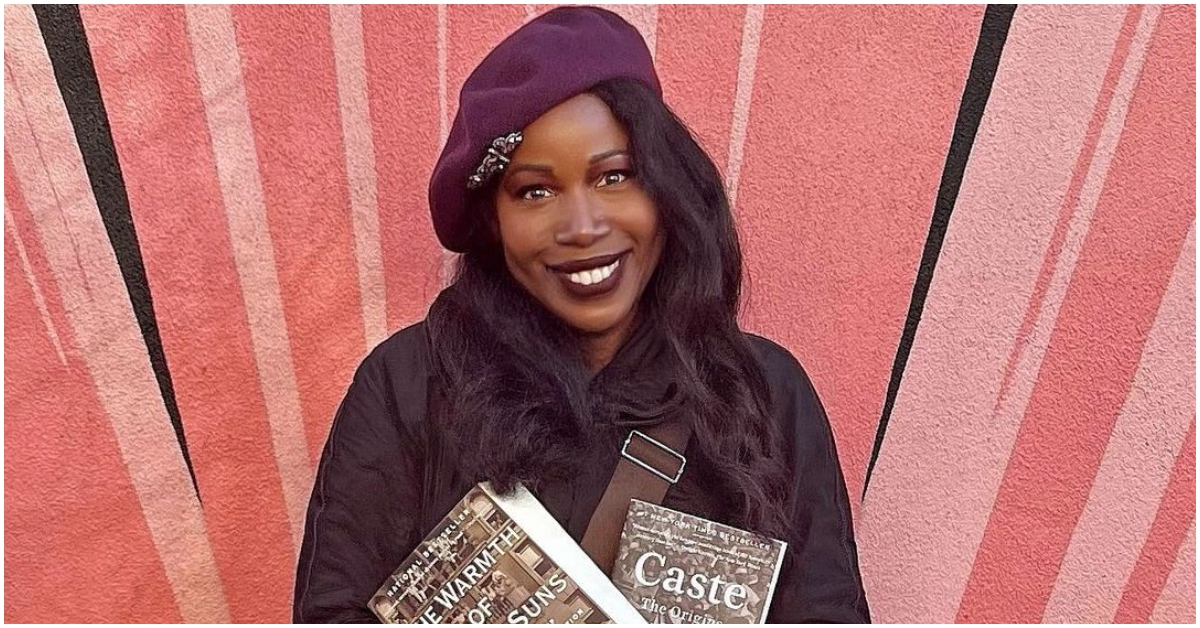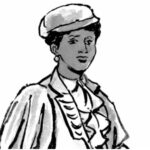Pulitzer Prize Winner Breaks New Ground
Thirty years ago, Isabel Wilkerson etched her name in history as the first Black woman to receive a Pulitzer Prize in journalism and the first Black journalist to win for individual reporting.
Her groundbreaking achievement shattered glass ceilings and paved the way for a more inclusive and diverse landscape in the field.
On that fateful day in 1994, Wilkerson found herself seated at a computer at The New York Times, alongside her editor, Carl Lavin, as the Pulitzer Prize winners were announced.
She vividly recalls watching the names scroll down the screen in slow motion, her heart pounding, until she saw her own name appear.
“I called my mother, who insisted she knew I would win all along, and my father, who was too choked up to speak, and then walked into the out-of-body applause of the old newsroom on 43rd Street and to hugs all around, starting with the executive editor and publisher,” Wilkerson recounted.
A Trailblazer’s Journey
Wilkerson’s Pulitzer win in the Feature Writing category recognized her “high literary quality and originality” for her immersive reporting on the lives of ordinary people.
The narrative writing that earned her the prestigious award would become the foundation for her future books, including the critically acclaimed “The Warmth of Other Suns” and “Caste.”
“The seeds and early cadences of The Warmth of Other Suns and Caste can be seen in all of these stories,” Wilkerson reflected.
A Legacy of Excellence
Wilkerson’s achievement was not just a personal triumph but a milestone for the entire journalism community.
Her win opened doors for a new generation of Black journalists and writers, inspiring them to pursue their dreams and strive for excellence in their craft.
“Forever grateful he lived to see that day,” Wilkerson said of her father, who had meticulously collected every newspaper with her byline, a testament to his unwavering pride and support.
Paving the Way for Diversity and Inclusion
Today, Isabel Wilkerson’s legacy continues to inspire and empower, serving as a beacon of hope for those who aspire to break barriers and challenge the status quo.
Her unwavering dedication to storytelling and her commitment to amplifying the voices of the underrepresented have left an indelible mark on the journalism industry and beyond.





